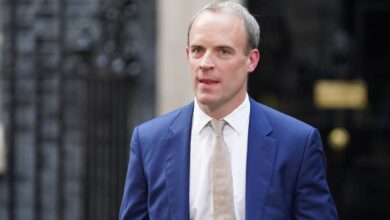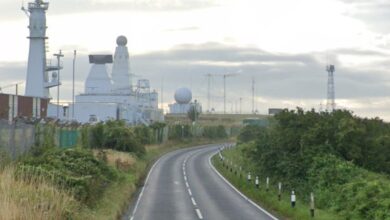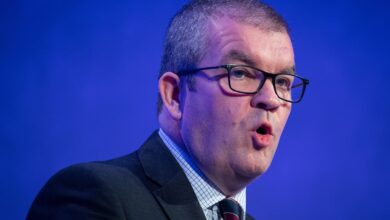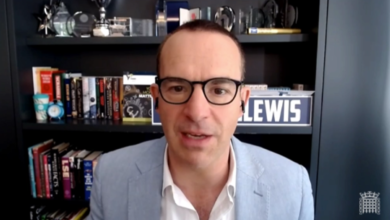Armed police sent to heart attack patients as crisis-hit NHS buckles under surging demand
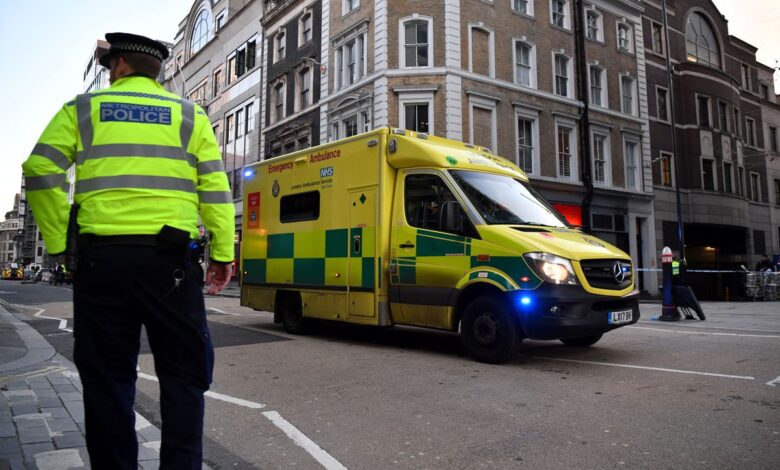
Police officers are spending nearly a third of their time propping up other services, the chief inspector of the UK’s forces has warned, as the NHS buckles under the strain of surging demand.
Armed police have been called out to cardiac arrests and some officers are being forced to spend hours waiting with patients in A&E due to a shortage of paramedics.
Andy Cooke, HM chief inspector of constabulary, told The Independent that officers now spend an estimated 30 per cent of their time on non-police work as forces become the “first, last and only resort” as a result of an NHS crisis and cuts to mental health provision and social services.
He warned this was pulling police away from tackling crime at a time when when recorded offences are at a record high in England and Wales.
Mr Cooke, the former chief constable of Merseyside Police, said: “Recently, officers in armed response vehicles (ARVs) were being sent to reports of people who were having cardiac arrests because the ambulance service couldn’t cope with the demand, because they’re trained in first aid and to use defibrillators.
“The ambulance service contacted the police to say ‘we’ve got this heart patient and we haven’t got anyone to send’.
“Being first, last and only resort, the police will go. It’s right that they did go but that hides the problems we’ve got in the rest of the system.”
One officer who spoke to The Independent anonymously said armed police were regularly being sent to ambulance calls in his force area.
“I see logs every day saying ‘cardiac arrest – can you send an ARV?’” he added. “One even involved a terminally ill patient and I wonder about ringing for an ambulance and police with guns turn up.”
NHS leaders have warned that ambulance services are facing a “chronic crisis situation” as response times worsen and 999 calls hit record highs. All 10 of the country’s ambulance services were on “black alert”, the highest level possible, last month, with patients needing urgent responses for conditions such as a suspected stroke left waiting for up to two hours.
A parliamentary report warned last week the NHS and the social care sector were facing the “greatest workforce crisis” in their history, and said “persistent understaffing” was putting patients’ lives at risk. Long waits for ambulances and A&E services have been exacerbated by record absences fuelled by Covid.
The National Police Chiefs’ Council (NPCC) said officers were having to transport patients to hospital due to a lack of ambulances, which sometimes means they must wait for hours in A&E with mentally ill and vulnerable people who have not committed a crime.
The national lead for local policing, Chief Constable Olivia Pinkney, said: “It reduces the police ability to fight crime and protect people in all the wider ways we should.
“It can also put officers in situations where they are having to make decisions that they are not best placed to make, despite their best endeavours.”
Ms Pinkney said police were being relied upon for functions that should be performed by other emergency services or public bodies, adding: “Preservation of life will always be our number one priority when helping someone in need.
“We are working at pace with our emergency service partners, local authorities and government to ensure this problem can be solved, but we should not be the service of first resort in these situations.”
Mr Cooke said it was legitimate for police to assist health professionals in violent incidents or when crimes are committed, but added: “Officers are still doing roles they shouldn’t be doing.
“Once a situation has calmed that should be the end of the response – not six to eight hours sat with people in hospitals.”
Demand for emergency ambulances hit a record high for June this year, with the NHS answering 900,000 urgent calls. The average response time for category two patients, which include those suffering strokes and heart attacks, was 51 minutes – far longer than the target of 18 minutes.
Officers are regularly being sent to ambulance calls to make up for delays

